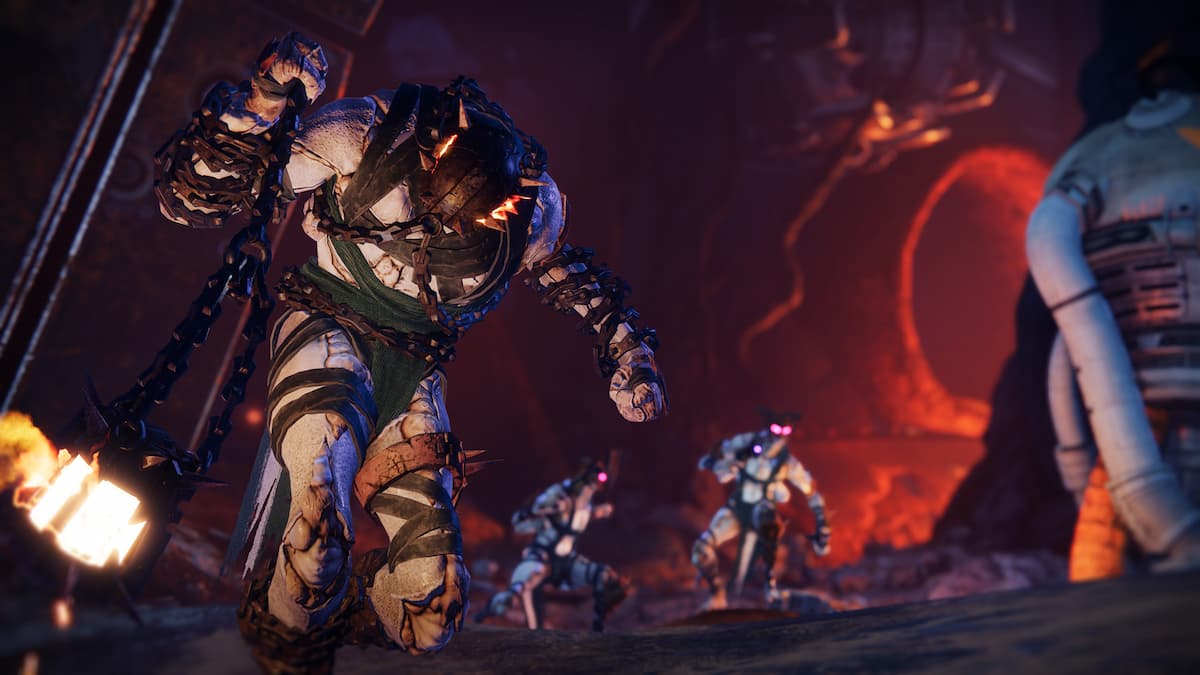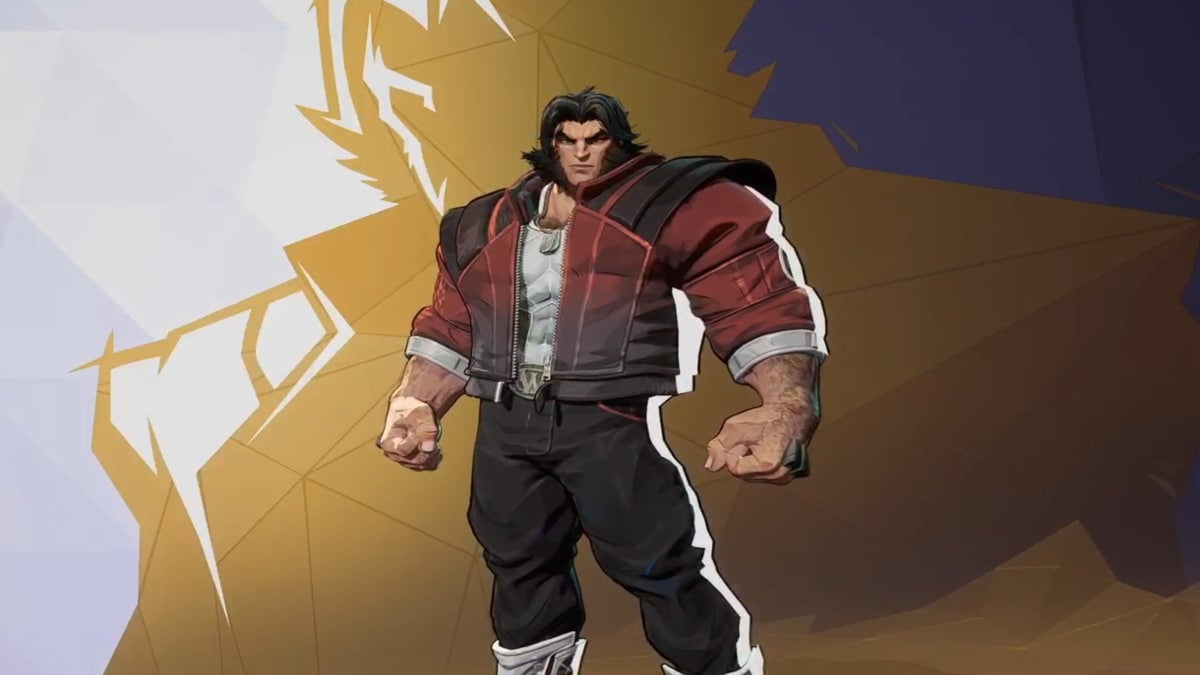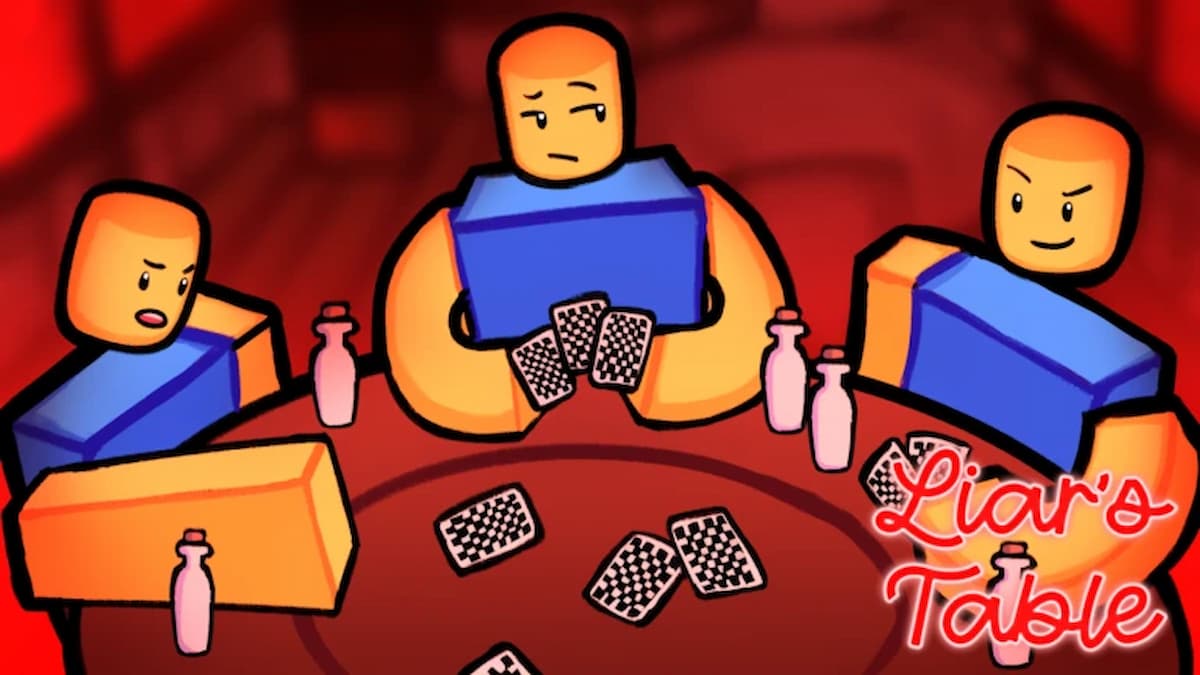*DISCLAIMER: This is an opinion piece.*
The overreaction of some analysts and writers to the Western teams group stage losses in APEX and APAC to Korean and Chinese didn’t go unnoticed.
Almost immediately, Western teams recalibrated and exerted dominance with Rogue winning the APAC Premier over the one team that defeated them in the group stage, Lunatic Hai. Rogue would repeat the same thrashing against Lunatic Hai just days later, 3-0’ing them at the OGN Apex League.
Wait – Rogue won 4-1? But how is that possible. Everyone was welcoming our new overlords. And then Rogue destroyed them ????
— André Dahlström (@iddqdOW) October 16, 2016
Just as everyone was ready to swear fealty to our new Korean overlords, the West bounced back in a big way. But, looking at the overall picture of the scene and the health of the respective regions when it comes to developing talent, could there be some truth to the doomsayers declaring that Korea will rule the Overwatch world?
Delayed coronations
APAC and APEX revealed a lot of holes in the Korean gameplay. The finals between Rogue and Lunatic Hai showed just how far behind Korea’s attackers were when compared to Rogue.
Sure, there’s no shortage of talented Genjis out of Korea. Haksal, RunAway’s ace attacker, made short work of REUNITED. But, even on the attacking hero where Koreans are showing the most affinity, there’s still some work to be done.
Rogue versus Afreeca Freecs for the OGN APEX League this week was a great example. In Nepal: Sanctum, Afreeca Freecs’ offense player ReCry used Reaper for the majority of the map, but couldn’t find the soft underbelly of Rogue. True, Rogue already placed themselves in a better position to defend themselves by bringing a Reinhardt into the field, but despite an isolated Reinforce cut away from his team, a Graviton Surge committed by Afreeca and a Death Blossom, ReCry still couldn’t bring down the tank.
Game two in Nepal: Village showed a little bit more life out of Afreeca and showcased just how deadly they were with a Genji. Rogue opened with a pocket Bastion and Reinhardt to take the early high-ground portal defense that initially repelled Afreeca. Enter ArHan, whose Genji cut down the Bastion nest with a quick three kills.
But, here again the inexperience shows: While the Koreans couldn’t hold their newly taken point thanks to the Mode: Tank ultimate from the Bastion, they wasted their final attack by going in a step early without Dragonblade, allowing Rogue to easily wipe them off the face of the mountain.
At Eichenwalde, match two and Afreeca’s map pick, ArHan once again demonstrated some truly impressive Genji prowess. Together, with ReCry on the Hanzo, the Shimada brothers wiped Rogue off the first point. The Koreans were slow to answer on the adjustment though as Rogue picked up a Winston to frustrate the Hanzo. Despite ArHan hard carrying the match and achieving a near 70% uptime on the Dragonblade, Afreeca couldn’t cap.
When the map flipped, ArHan stayed on Genji and whipped out his Dragonblades every other minute. Mistimed ultimates and miscommunication on the side of the Koreans however couldn’t keep the Europeans at bay, and Rogue took the map once again.
There are plenty more examples throughout the week, even in APAC. Comparatively, Tviq showed the world that not only is he the best player on Rogue (already one of the best teams in the world), but that he he also has a mastery of a wide and diverse range of heroes.
Not only that, but he is also supported on the offense by AkM, in contention of being called the best McCree in the world, but also plays a mean Mei and Reaper to boot.
When it comes down to it: Korea has a ton of talented Genjis, but they need work on improving their knowledge and skill on Reaper and other offensive picks. More importantly, Korea needs to have a deeper understanding of attacking strategies. As it stands, Korea can outplay on a straight 1v1 duel, but Overwatch is anything but a battleground where duels gain you ground.
Rogue have so far shown that a coordinated attack is more valuable than engaging in tight skirmishes around the map. They are bringing an offensive playstyle that has so far proven effective enough to be the industry standard. Notice that in their victories, Rogue has employed cohesive offensive strategies while their counterparts in Afreeca and Lunatic Hai have somtimes opted for individual firepower and outplays to carry them through.
What the East does right
Koreans understand the skill gap between them and the West. In interviews at APAC, Korean players admitted that Western teams had better offensive players while the East had better supports. Just take a look at the shutdown Afreeca’s Lucio player, Yesman, did against a fully powered up, death blossoming TviQ.
But, there’s one other thing that the East does right that gives credence to the fears of a Korean or Chinese takeover of the scene, and it’s one that’s best ushered in by international tournaments that pit together inter-regional talents: work ethic.
Tales of the famous Korean work ethic have floated around the esports space for years, thanks to the mythical shutout of foreign players in past Korean-dominated esports. Even now in League of Legends, while the rest of the world originally thought that 2016 would be the year that the gap would be closing, there are more Koreans in the semi-finals of Worlds than ever before.
Putting Malcolm Gladwell into perspective
Before we proceed, we need to put some things into perspective: there’s nothing magical about Koreans and their work ethic. It isn’t anything in the water or their blood. It’s just a cultural approach to getting better that just so happens to be, as academics and researchers have also discovered, the best way to improve at a given task or craft.
A generation of people fell prey to the reductive and simplified path to success presented by Malcom Gladwell in his book, Outliers. In Outliers, Gladwell presents the 10,000 hour rule. The summary of which amounts to: 10,000 hours of deliberate practice will lead to mastery in any given field.
Here, we talk about deliberate practice as practicing in a way that pushes your skill set as much as possible.
Except, this isn’t quite accurate. Gladwell takes this very famous passage in his book from the work of another psychologist, Anders Ericsson.
Specifically, the difference lies in what should actually go into the practice. Ericsson’s study doesn’t conclude with a 10,000 hour rule; rather, true mastery is a result of long hours devoted into deliberate practice and purposeful practice.
Now, we know what deliberate practice is: It’s practicing in a way that challenges you every time you do it.
Purposeful practice, on the other hand, is practice that is guided by the constant give-and-take of a mentor or someone of higher mastery. A trainer, teacher or in some cases, a sparring partner.
When people think of Koreans getting better at games, it easy to come up with the concept that they are only better than the rest of the world because they play more than other people. But, that’s not entirely true.
Koreans are better because they play longer hours, constantly challenge themselves and frequently search out mentors or stronger opponents.
Which is exactly what is happening in OGN APEX,
The Gap is only open from 10-9 P.M.
International tournaments such as OGN APEX represent a prime opportunity for Korea and China. Their teams are good, but they are lacking in the experience that the Western teams have enjoyed with their months of competitive play and tournaments.
But, in an environment where information is shared through scrims and matches, the student is the one that receives the most benefit. Rogue and the other Western teams are improving from their time in Korea, but the Koreans and the Chinese are experiencing a quantum leap in new ideas, new executions and player development.
Right now, Korea and China have inferior attack strategies and one-dimensional offense players. But, that will soon the change the more Rogue and Team EnvyUs show them how it’s done. To paraphrase the investor Warren Buffet: “Korea doesn’t have to learn from their mistakes. Europe has made it for them.” All they need to do is learn from the masters.
Lunatic Hai’s next match is against the de facto best in the world, EnvyUs. They’ve already proved they can match with the likes of REUNITED and Rogue. Win or lose, Lunatic Hai is certainly going to improve more than their European counterparts and that’s the real story here.
The Korean overlords may not be here just yet, but to borrow a well-worn league of legends meme:
“The gap is closing.”
What are your thoughts on Eastern vs. Western teams in Overwatch? Do you think Western teams will contine their dominanc over Eastern teams, or will the gap close? Let us know in the comments below or by tweeting us on Twitter @GAMURScom.
Image credits here.






Published: Oct 21, 2016 10:20 am